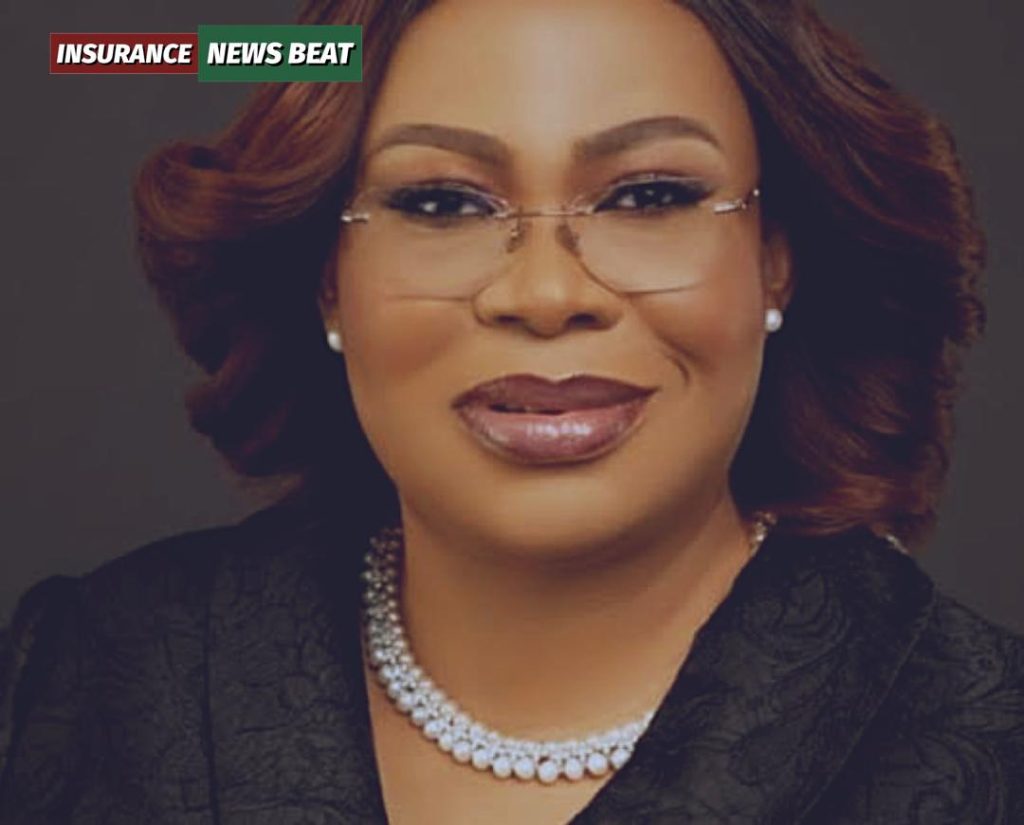Nigeria is grappling with a severe inflationary surge that goes beyond economic instability, touching every aspect of society. According to social scientists, this alarming rise in prices is not just an economic issue but a widespread societal concern. As inflation undermines the value of the local currency, it creates a dangerous disequilibrium in both political and economic systems, leaving citizens and governments searching for refuge.
Inflation’s effects are far-reaching, disrupting economic activities at domestic and international levels. The unpredictability of soaring prices has strained Nigeria’s relations with international investors, leading to a destabilization of foreign exchange inflows and exchange rates. This economic volatility has sparked social unrest and eroded public trust in the country’s political leadership.
Also read NAICOM Faces Scrutiny Over NPF Insurance Proposal
Amid these challenges, the insurance sector is stepping into the spotlight as a critical stabilizing force. Insurance, with its role in financial intermediation, facilitates the circular flow of income that is vital for the prosperity of individuals, businesses, and nations. From its inception, insurance has been a safeguard against unforeseen losses, and its importance has only grown in today’s complex and risky world.
Various insurance products, such as Endowment Assurance, Pension Schemes, Deposit Insurance, and the National Health Insurance Scheme (NHIS), offer financial security. Life Assurance, in particular, ensures that individuals and their families are protected against life’s inevitable challenges. These products act as a safety net, helping people save for future needs and protecting them against the financial impact of inflation.
Also read Lagos to Host Maiden International Conference for Women in Insurance
Dr. Abass Olufemi, Head of the Department of Insurance at Lagos State University (LASU), emphasizes that insurance is a viable haven against the ravages of inflation. He describes it as a strategic hedge that shields individuals and businesses from unforeseen financial burdens due to inflationary pressures.
In the current inflationary storm, prices for essentials like food, fuel, and housing are skyrocketing, squeezing budgets and leaving many Nigerians feeling vulnerable. For businesses, rising operational costs lead to higher prices or lower profits, affecting everyone in the value chain. For property owners, the cost of repairs and replacements adds to the financial strain.
Also read Nigeria’s 2023 Budget Report Reveals Alarming Fiscal Deficit
Experts argue that insurance serves as an inflation-proof shield. Mr. Ikechukwu Azomaukwu, a long-time policyholder and structural engineer, describes insurance as a strategic component of a diversified financial plan that provides security amid economic turbulence. Different types of insurance coverage, such as life, health, and property insurance, offer financial support for medical expenses, property damage, or loss of income, helping policyholders navigate economic uncertainties.
Traditional measures like interest rate hikes by central banks have struggled to curb inflation, making insurance an even more crucial safety net. Insurance helps mitigate social inequality by offering protection to those most vulnerable to economic shocks.
In this volatile macroeconomic environment, the insurance industry has a special role to play in loss prevention and reduction. Insurers must evolve to meet customer needs, with product innovation, indexation of policies to account for rising costs, and investment in technology being essential steps. Strategic partnerships and diversified investments are also key to safeguarding against inflation’s corrosive effects.
As Nigeria continues to battle inflation, the insurance sector’s role in providing financial security and peace of mind will only grow in importance, helping consumers and the broader economy weather the storm.




